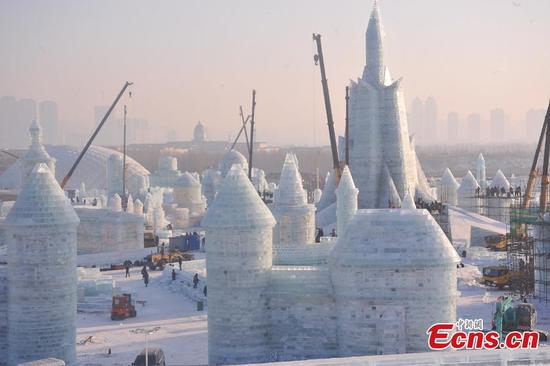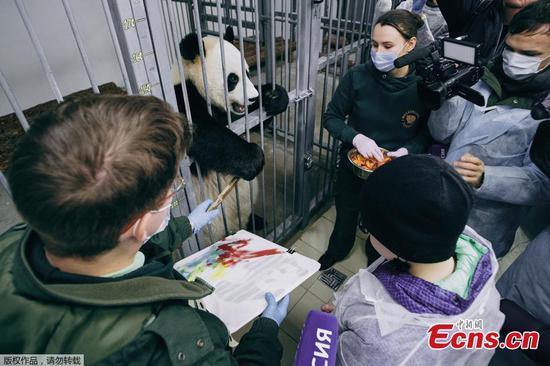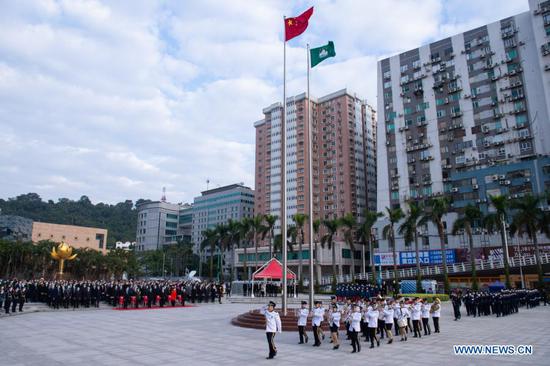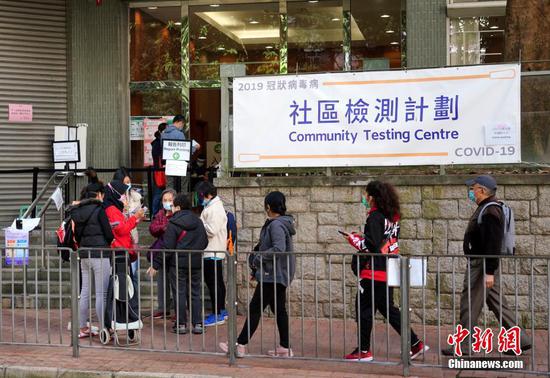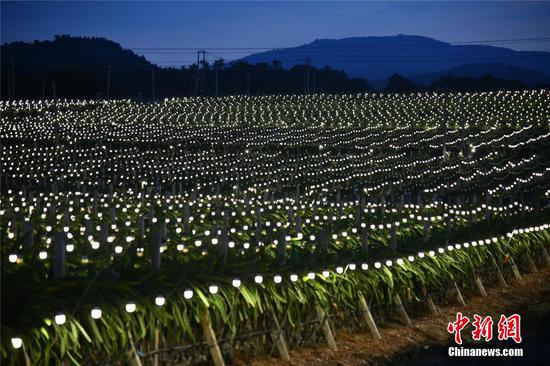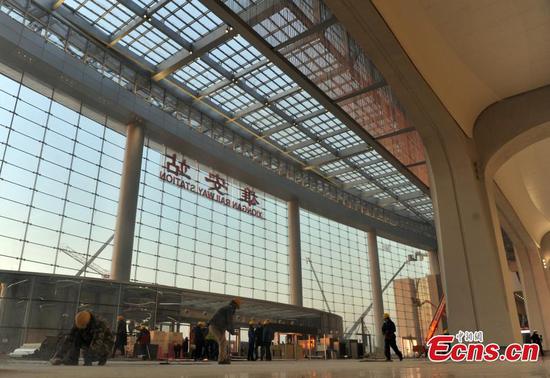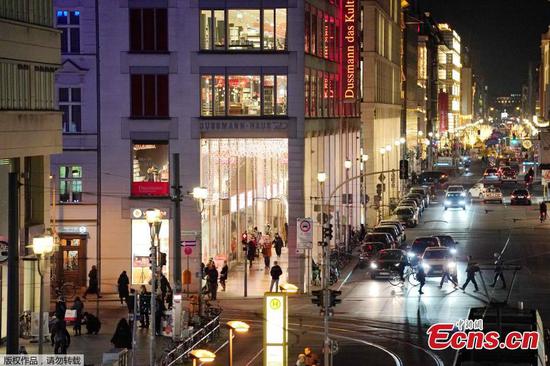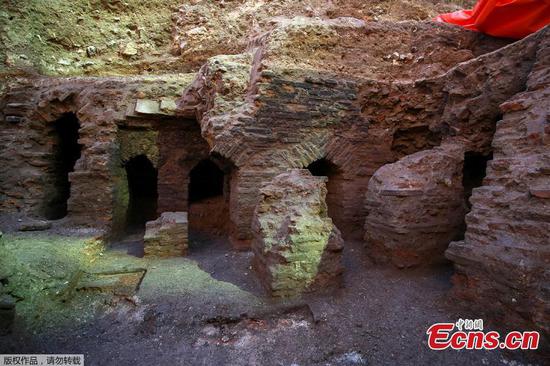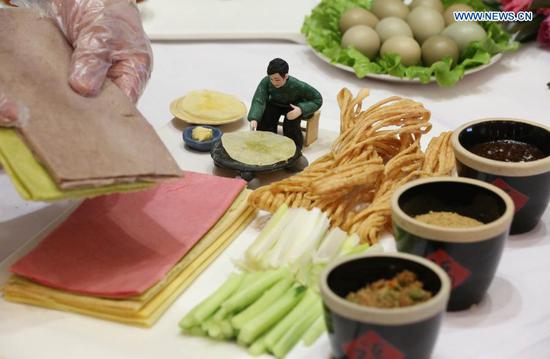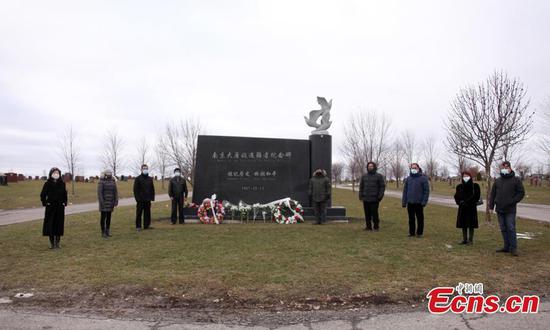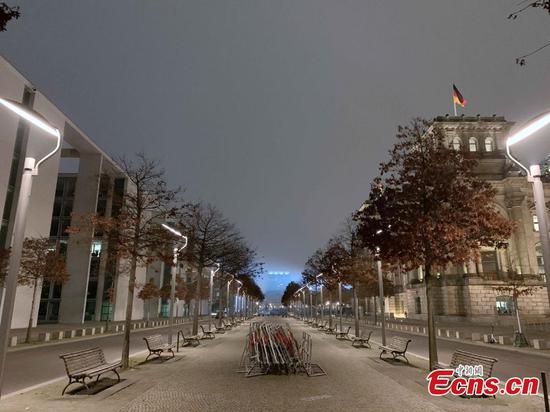
Li Jinhai, a teacher in Tanchang, oversees a class last year. GENG XINNING/XINHUA
Industrial development
Last year, annual per capita disposal income among villagers climbed to 6,800 yuan as a result of local government efforts to develop industries and provide easier access to job opportunities. The improvement came after the people were relocated to the urban area of Tanchang in 2018, according to Cai.
Despite the relocation, many residents still earn their primary livings in their old villages, where a chicken farm with 30,000 fowls has been built, a beekeeping industry has been established and a workshop for the processing of pepper and peppercorns has been opened, he said.
If the villagers transfer their land use rights to enable industrial development, they can receive at least 7,500 yuan a year for each hectare, and they are offered jobs in the businesses, Cai said. He added that industrial development has helped raise residents' annual incomes by 3,400 yuan on average.
A more ambitious plan is now being rolled out. The local government has reached agreement with a company, Chongqing Greening Industry Investment, to transform the villages into a tourist resort. Total investment in the project will be 650 million yuan, authorities said.
Zhang Jun, head of the project, said the company was attracted by the well-preserved traditional houses and farming culture, the beautiful scenery and the easy access for people from Chongqing.
The municipality is famous for its scorching summer temperatures, so many residents choose to escape to cool places when the city is engulfed by the annual heat wave.
The company plans to develop the villages into a scenic area rated 4A, the second-highest level in China's five-tier quality rating for such places. A trial that has been running since the May Day holiday has attracted about 10,000 tourists, and the company expects to see the scenic area fully operational by next year's May Day holiday, Zhang said.
While preserving parts of some of the traditional buildings, mainly the outer walls, the company has renovated the interiors and transformed them into guesthouses.
According to Sun Wei, deputy Party chief of Gansu, almost 500,000 people in the province who were on the national poverty-stricken list have been relocated to new homes since 2016.
He said at least one member of each family has been given a job as the government works to boost industrial development locally.
"These people have moved into their new homes smoothly. They have not only essentially settled down but are also striding toward prosperity step by step," Sun told a news conference organized by the State Council Information Office in Lanzhou, Gansu's provincial capital, on Nov 10.









